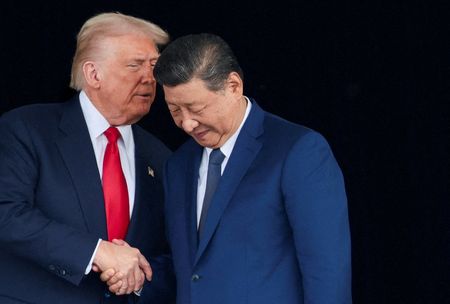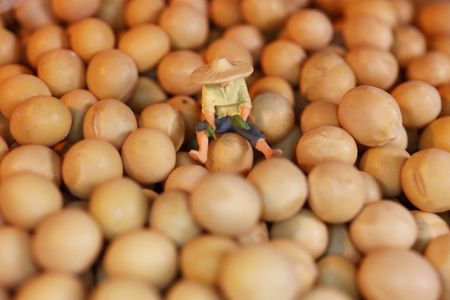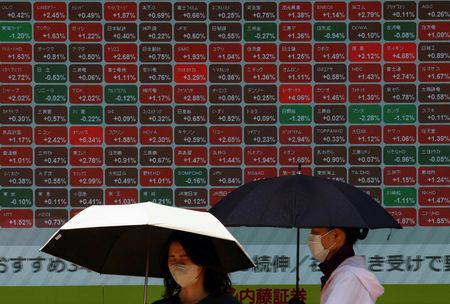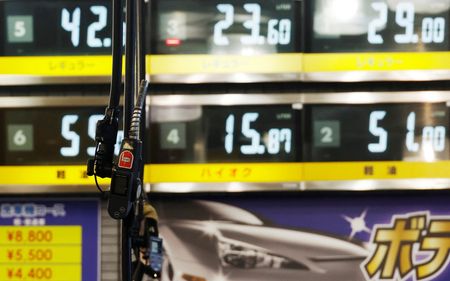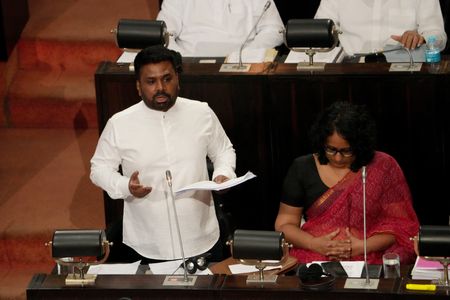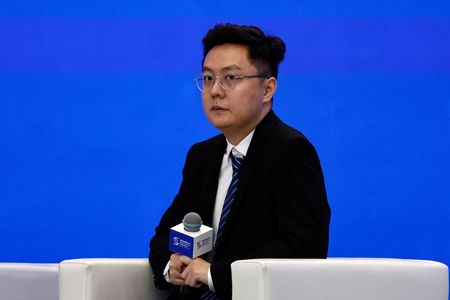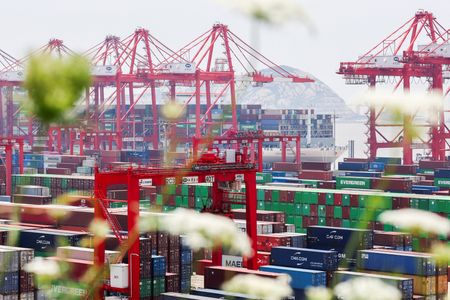(Reuters) -China has begun designing a new rare earth licensing regime that could speed up shipments, but it is unlikely to amount to a complete rollback of restrictions as hoped by Washington, industry insiders said.
The Ministry of Commerce told some rare earth exporters they will be able to apply for new streamlined permits in the future and in industry briefings outlined the documents that will be required, two sources familiar with the matter said.
The export curbs have become Beijing’s most potent source of leverage in its trade rivalry with Washington, as China produces over 90% of the world’s processed rare earths and rare earth magnets, vital in products ranging from cars to missiles.
Following the agreement reached between Presidents Donald Trump and Xi Jinping, China said last week it would pause for one year the restrictions it imposed in October.
However, China’s commerce ministry has said nothing publicly about a broader round of controls introduced in April that rattled global supply chains.
The White House said on Saturday that China had agreed to introduce general licenses and characterised such permits as the de facto end of China’s rare earth export controls.
In private, Chinese officials have said they are working on the licenses, three other sources briefed on discussions said, although one said it could take months.
However, other industry insiders said the new licenses do not mean China’s wide-ranging rare earth export controls introduced in April have been removed.
China’s Ministry of Commerce did not immediately respond to questions from Reuters.
ONE YEAR, POTENTIALLY HIGHER VOLUMES
The new licenses would be valid for a year and probably allow larger export volumes, the first two sources said. Companies are preparing documents, which will require more information from customers, they said.
The sources said they expect more clarity by the end of the year.
Some Chinese rare earth companies said they have not yet been informed of the change.
General licenses will likely be harder to acquire for users associated with defence or other sensitive areas, some industry sources said.
All sources spoke on condition of anonymity given the sensitivity of the matter.
Introduced in April and expanded in October, Beijing’s rare earth rules require exporters to obtain licenses for every cargo, an onerous and lengthy process customers complain is holding up exports. The restrictions created shortages in May which brought parts of the auto industry to a halt.
Of the 2,000 applications submitted by European Union firms since April, just over half have been approved.
(Reporting by Reuters; Editing by Sonali Paul)

